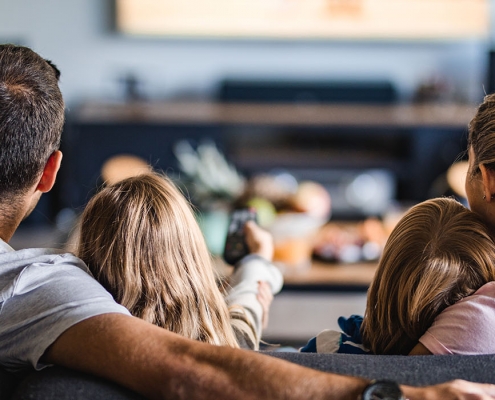
Where Are The Parents?
Another school shooting today, this time in Maryland. This time the “bad guy with a gun” was killed by a “good guy with a gun.” But, the bad guy was 17 years old, so even though there was someone there to put an end to it, I have…

That’s Not How We Do It in Our Family
Over the years our children have come home and said things like, “You know, Eric’s family watches TV during dinner.” To which we would respond. “That’s nice, but that’s not how we do it in our family.”
Our response served two…

Guns Guns Guns
So, what do we tell our kids when someone with a gun goes crazy?
What do we tell our kids when someone with guns goes crazy? Do we say “Well, I’m sorry son, but in this country we have the right to bear arms, so that guy should have been…

Patriotic Parenting – Making America Great Again
Do it by raising great children. A “great” country needs great citizens… and building great citizens begins with focused and responsible parenting. Here are 5 ways that I believe patriotic parents can raise intelligent, inspired…

Building A Happy Family – 3 New Lessons
Even though I've written a book about parenting, the process of building a happy family continues to evolve, and after raising four children over a period of thirty-six years, there are a few things that stand out as lessons learned. Here…
